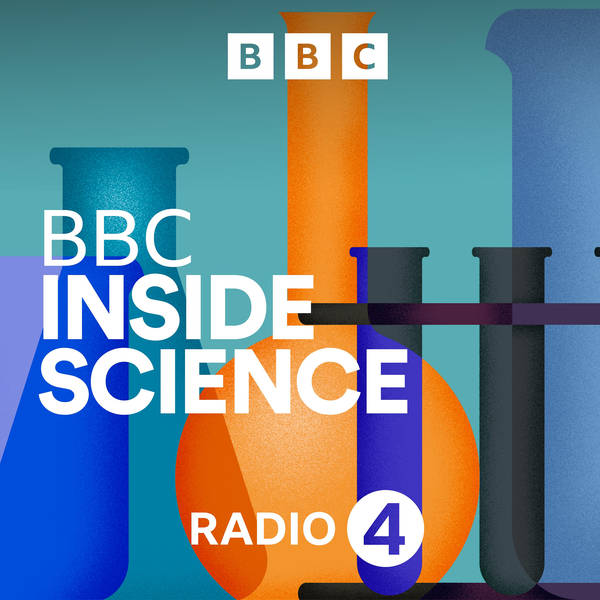
China's green growth plan
On Friday 5th March China published a draft for its 14th five-year plan in Beijing. The document acts as a national economic blueprint and was expected to provide an outline as to how the world’s biggest emitter of greenhouse gas emissions planned on tackling its target of reaching net zero emissions by 2060, put forward by President Xi Jinping last September. It appears that greenhouse emissions could continue to increase by 1% or more each year up until 2021. Sam Geal, acting CEO at China dialogue, explains how influential Chinese efforts are when combatting climate change.
Since the late 1980s conservationists have used captive breeding to prevent the extinction of North America’s only native ferret species, the black footed ferret (Mustela nigripes). Now, an individual called WIlla, who died without leaving any offspring over 30 years ago has been cloned. Her genes represent 300% of the current genetic diversity of the species, and could help boost the chances of these animals. Dr Bridget Baumgartner works with one of the teams that took part in the successful cloning project, she describes how this novel process could bolster and prop up the genetic diversity of the dwindling population.
How does one get a closer look at nutrient cycling and water temperature in marine Antarctic conditions? You could always recruit some of the local inhabitants, elephant seals! That’s exactly what Yixi Zheng at the University of East Anglia did. Her furry research assistants have revealed that surface water temperatures around the ice shelves and glaciers of Antarctica are warmer than expected in winter, and this holds implications for nutrient cycling and the productivity of the southern ocean.
And finally, after an ancient rock seized the attention of the residents of Winchcombe in Gloucestershire, Professor Sara Russel discusses the rarity of finding meteors here on earth, let alone finding one early in the morning sat on your driveway. We hear what the nearly 400g of space rock that's been found this week could reveal about the origins of our solar system.
Presented by Gaia Vince Produced by Rory Galloway This programme was made in association with the Open University.
